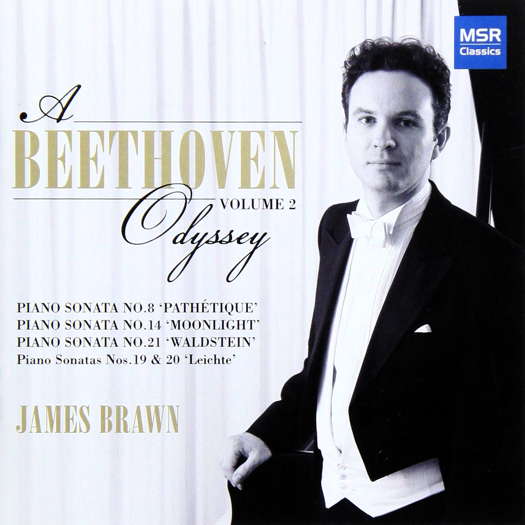 SPONSORED: CD Spotlight. Perfect Indeed - More Beethoven from James Brawn, recommended by Andrew Schartmann.
SPONSORED: CD Spotlight. Perfect Indeed - More Beethoven from James Brawn, recommended by Andrew Schartmann.
All sponsored features >>
- in depth
- Anne Marie Gibbons
- dgriffs
- Sony Classical
- spinet music
- Roman Philharmonic Academy
- Wiener Philharmoniker
- Dolora Zajick
ARTICLES BEING VIEWED NOW:
- Régine Crespin
- Hector Berlioz
- Ruth Railton
- Marián Varga
- Profile. A Very Positive Conductor - Paul Bodine talks to Los Angeles Opera's Music Director Designate, Domingo Hindoyan
Alban Berg: Wozzeck
'... as vivid a projection of impending world doom as any to come out of the Great War ...' - Glenn Watkins
Alban Berg's first opera, Wozzeck (1914-22) received its first performance on 14 December 1925 at Berlin State Opera. It's based on Georg Büchner's drama Woyzeck, which the German playright wasn't able to finish before his death. Berg was at the first production in Vienna of Büchner's play on 5 May 1914, was immediately inspired to create an opera from Büchner's material, and prepared the opera libretto himself from fragments of Büchner's scenes, depicting the everyday life of a rural town in a German-speaking country, emphasising callousness, casual sadism, militarism and social exploitation.
The opera is generally known as the first to be produced in twentieth century avant-garde style, and is also famous for its free atonality (expressing emotion) and sprechtgesang. It also uses simple motifs - a tritone expresses Wozzeck and Marie's permanent struggle, a minor third indicates the links between Marie and the child, and the music returns to particular pitches to mark key moments in the plot.
Berg avoided classic operatic forms, such as arias and trios, and instead used forms normally associated with abstract instrumental and orchestral music, including a suite, a rhapsody, a symphony (in five movements), a fantasia, a triple fugue, inventions and a passacaglia.
A selection of articles about Alban Berg: Wozzeck
Spotlight. A Window into the Glories of the Past - Geoff Pearce listens to Adrian Boult conducting Berg, Stravinsky and Vaughan Williams. '... truly inspired performance.'
Profile. A Fascinating Background and Career - Ron Bierman pays tribute to the late Nicolas Reveles, in the second part of his interview with the composer

